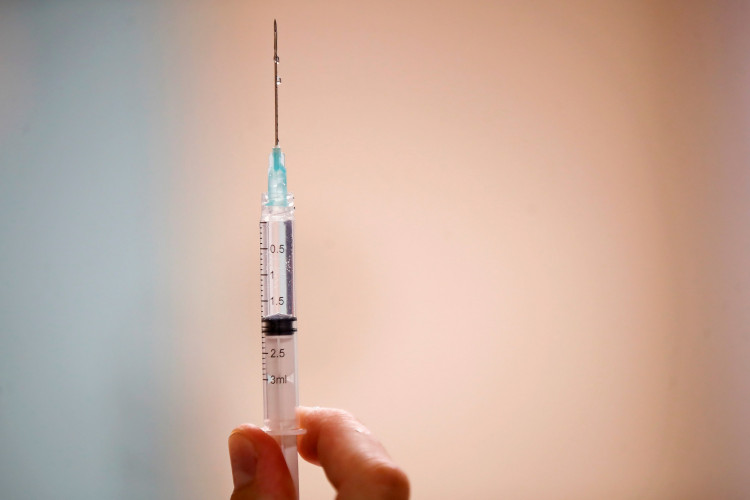This winter, COVID boosters could prevent thousands of deaths and save billions of dollars. According to recent research, if more Americans receive their booster shot before the end of the year, over 90,000 COVID-19 deaths might be avoided this fall and winter.
The vaccination rate in the United States, however, is projected to be substantially lower; only about half of Americans have had their initial booster shots, and only around two-thirds have finished the primary two-dose schedule required to be eligible for the current deployment booster. The most recent information available from the U.S. Centers for Disease Control and Prevention indicates that 7.6 million Americans have so far received an updated booster dose.
If booster shots are administered at the current rate, the country may experience a peak of over 1,000 COVID-19 deaths daily this winter, according to a report released on Wednesday by The Commonwealth Fund. Currently, the average number of COVID-19 fatalities every day in the US is around 400.
The report's authors calculated that, compared to a scenario in which daily vaccination rates remained the same, there would be 75,000 fewer fatalities, 745,000 fewer hospitalizations, and $44 billion less spent on medical expenses from Oct. 1 through the end of March 2023 if COVID-19 booster vaccinations occurred at a rate comparable to flu vaccinations in 2020-2021.
"If vaccination continued at its current pace through the end of March 2023, a potential winter surge in COVID-19 infections could result in a peak of around 16,000 hospitalizations and 1,200 deaths per day by March 2023," the researchers wrote.
Health professionals have long argued that new varieties might fast reverse this trend, despite the fact that COVID cases and deaths have been steadily declining in recent months. Meanwhile, Dr. Anthony Fauci, the White House's top doctor adviser, stated on Tuesday that Americans shouldn't be shocked if a new COVID type appears this winter.
During a seminar organized by the University of Southern California's Annenberg Center for Health Journalism, the longtime director of the National Institute of Allergy and Infectious Diseases said, "We should anticipate that we very well may get another variant that would emerge that would elude the immune response that we've gotten from infection and/or from vaccination."
He added, Although the country is moving "in the right direction ... we are entering into the winter months, where no matter what the respiratory disease is, there's always a risk of an uptick."




